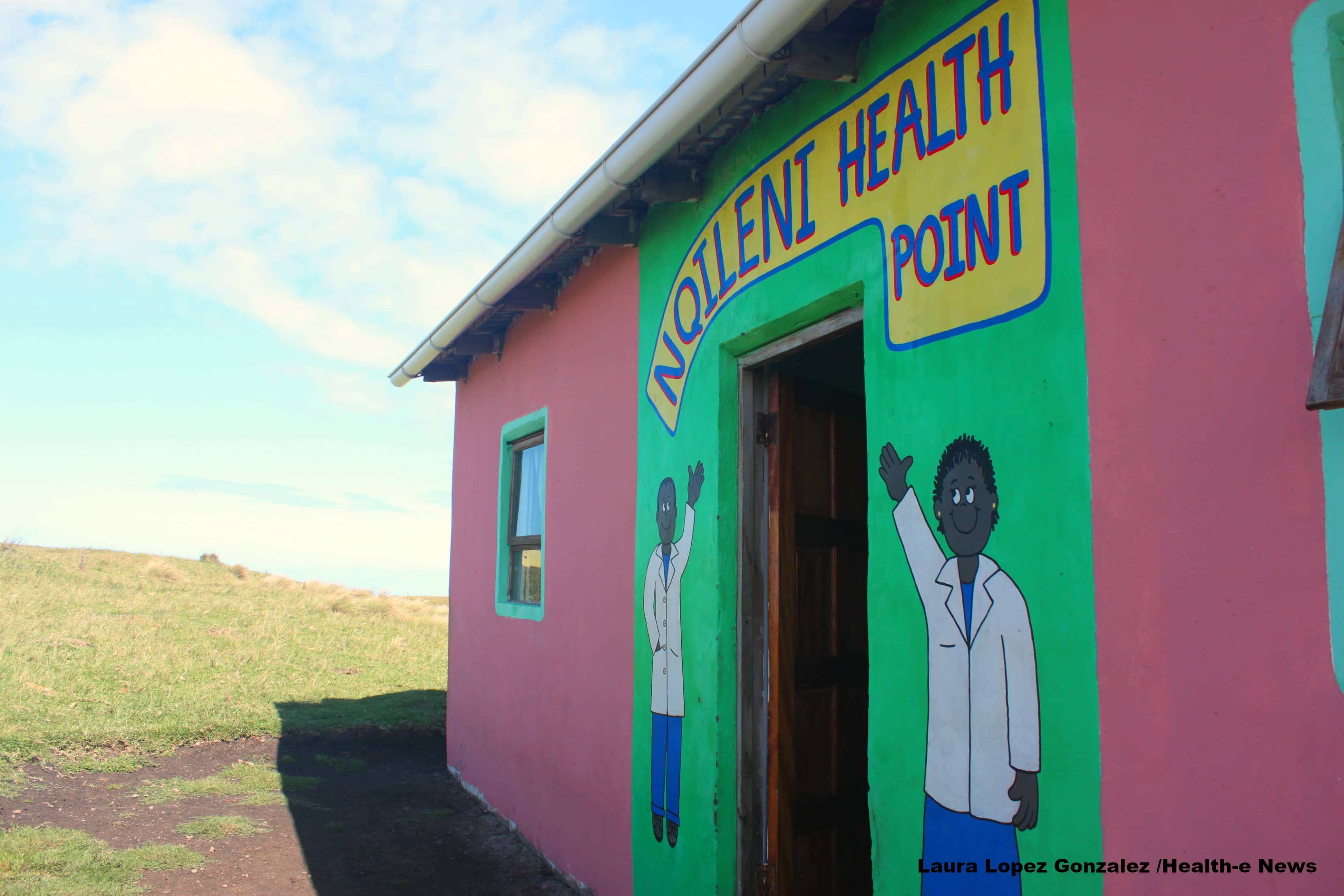Sickened by stigma: Queer link to weight

The research, published in the Journal of Public Health today (21 Feb), suggests that sexual identity – and the impact of stigma – should be considered as a social determinant of health in the fight to end the global obesity epidemic.
The research looked at data from almost 100 000 individuals.
The “negative experiences” of the queer community, including discrimination and violence, are known to affect health and could explain these findings, according to lead researcher Dr Joanna Semlyen.
“We know that sexual minority groups are more likely to be exposed to psychosocial stressors, which impacts their mental health and their health behaviours such as smoking and alcohol use and which may influence their health behaviours such as diet and physical activity,” she said.
LGBT stigma
Stigma and violence towards lesbian, gay, bisexual and transgender (LGBT) people is high in South Africa and media reports of attacks on LGBT people are disturbingly frequent.
A 2016 survey of over 2000 LGBT-identifying South Africans revealed that almost half experienced “discrimination in their everyday life” in the previous two years, related to their gender identity or sexual orientation. The research found that this had a dramatic impact on health, but particularly mental health.
“Of those who have experienced discrimination in the past two years, around a third agreed that their self-esteem had deteriorated as a result,” noted the report, published by the LGBT organisation OUT.
But unhealthy weight tends to affect different genders differently.
Opposite risk for men
The UK study found that, compared to men who identify as heterosexual, men who have sex with men are more likely to be underweight, which – like obesity – negatively affects health.
“Evidence is available that suggests sexual minority male youth are not only more likely to engage in risky weight control behaviours than heterosexual peers and are more influenced by advertising focusing on physical appearance, but also self-perceive as overweight despite being healthy or even underweight,” noted the researchers.
Said Semlyen: “We hope that policy makers and clinicians will be able to use this fresh evidence to provide better healthcare and tailored advice and interventions for lesbian, gay and bisexual people.” – Health-e News
Author
Republish this article
This work is licensed under a Creative Commons Attribution-NoDerivatives 4.0 International License.
Unless otherwise noted, you can republish our articles for free under a Creative Commons license. Here’s what you need to know:
You have to credit Health-e News. In the byline, we prefer “Author Name, Publication.” At the top of the text of your story, include a line that reads: “This story was originally published by Health-e News.” You must link the word “Health-e News” to the original URL of the story.
You must include all of the links from our story, including our newsletter sign up link.
If you use canonical metadata, please use the Health-e News URL. For more information about canonical metadata, click here.
You can’t edit our material, except to reflect relative changes in time, location and editorial style. (For example, “yesterday” can be changed to “last week”)
You have no rights to sell, license, syndicate, or otherwise represent yourself as the authorized owner of our material to any third parties. This means that you cannot actively publish or submit our work for syndication to third party platforms or apps like Apple News or Google News. Health-e News understands that publishers cannot fully control when certain third parties automatically summarise or crawl content from publishers’ own sites.
You can’t republish our material wholesale, or automatically; you need to select stories to be republished individually.
If you share republished stories on social media, we’d appreciate being tagged in your posts. You can find us on Twitter @HealthENews, Instagram @healthenews, and Facebook Health-e News Service.
You can grab HTML code for our stories easily. Click on the Creative Commons logo on our stories. You’ll find it with the other share buttons.
If you have any other questions, contact info@health-e.org.za.
Sickened by stigma: Queer link to weight
by Amy Green, Health-e News
February 22, 2019



